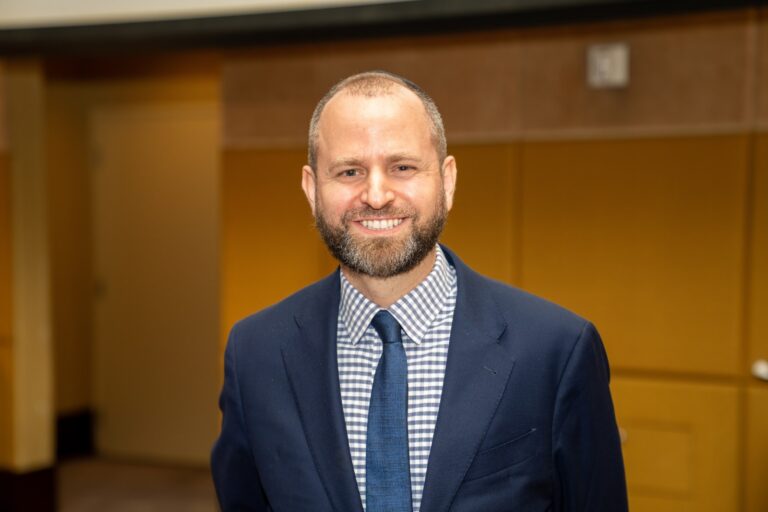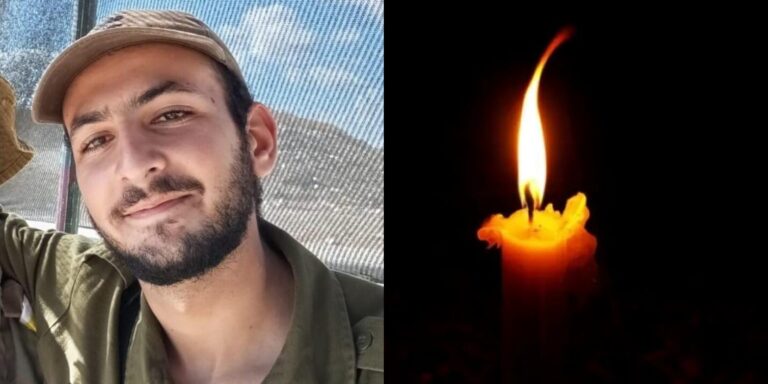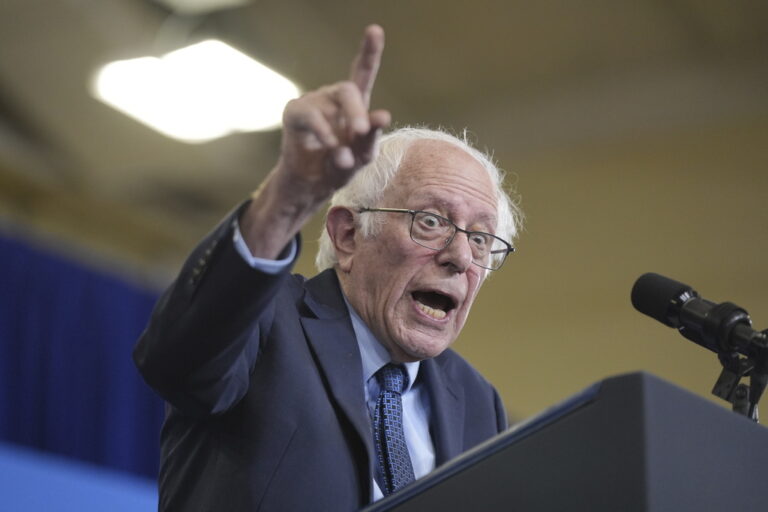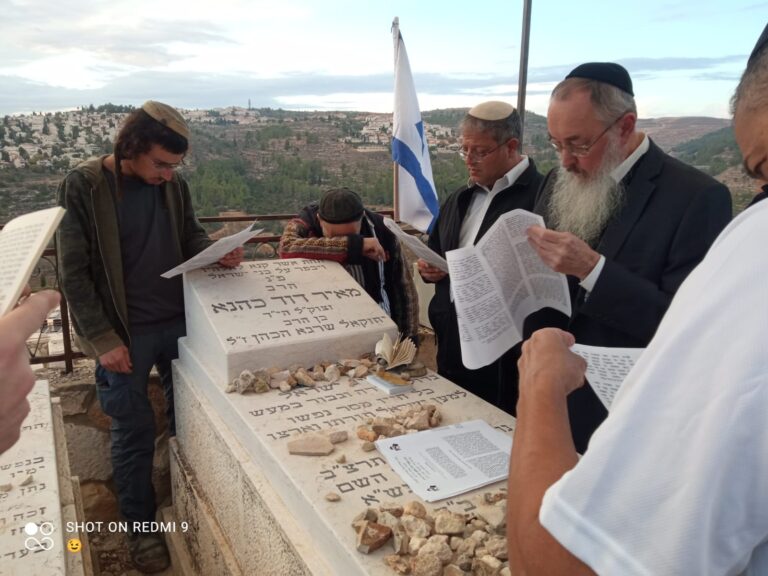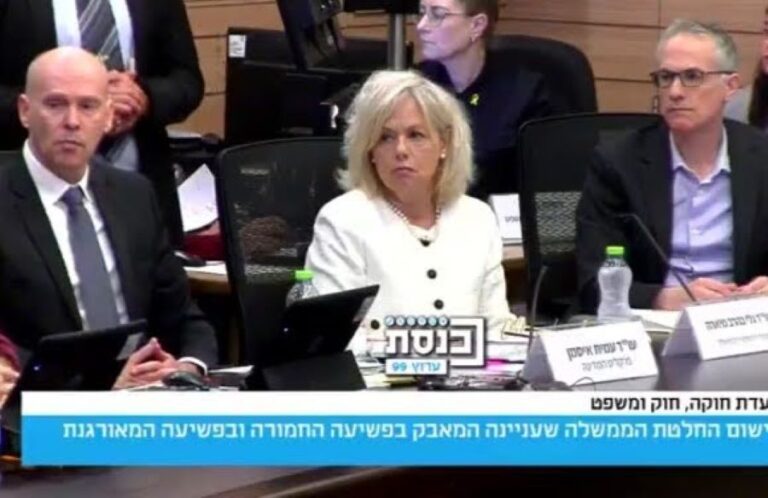Stop what you’re doing.
Have you voted yet? The general election – the one that will determine everything from security funding for our schools to America’s relationship with Israel – is in less than a week. This means that it’s time to research the candidates and the issues on the ballot, and head to your nearest polling station, if you haven’t done so already. Every election season, unfortunately, there is a substantial group of eligible voters who choose not to vote for various misguided reasons. Are you planning not to vote, because of XYZ reason? There are many misconceptions about voting floating around out there – none of which are a legitimate excuse not to vote.
The Jewish community urgently needs each and every person to vote. The good news is the Jewish community is waking up to the importance of voting. A poll conducted by Teach Coalition found that Jews are more inclined to vote post-October 7 (the poll found that 56% of Jewish voters in Pennsylvania and 66% in New York’s swing districts said October 7 had significantly increased their likelihood of voting in this coming election.) This is encouraging, but the goal is to get voter turnout to as close to 100% as possible. We have no plans of slowing down to make this happen.
Let me break down common voter misconceptions that we at Teach Coalition hear all the time, and why they’re wrong:
Misconception: “My vote doesn’t matter.”
Reality: Every single vote matters. We have a saying at Teach: Don’t kvetch, vote. The power is in your hands.
My team and I often hear this misconception from people who live in New York and New Jersey, as well as other traditionally non-swing states. It’s important to remember that we are voting for more than just the president this election. There are critical local and state elections on the ballot that hold implications for your day-to-day life – such as property taxes, school and shul security, and education. All of these areas are impacted by the upcoming election.
An elected official from NJ once told me that he only returns calls from people who vote. How could this elected official have this perspective? Simple: It’s on public record whether or not you’ve voted, and his perspective was that it was pointless to engage with those who don’t vote.
Not voting puts the needs of our community at stake, and hinders our ability to advocate for these needs in the future. Candidates want to win elections, and they will campaign with stances that will help them achieve this. If current and future candidates see that the Jewish community doesn’t vote, they will not prioritize our needs.
Misconception: “It’s a schlep to vote.”
Reality: It takes about ten minutes to vote. You can vote in person or fill out a mail-in ballot. Boeing Starliner astronauts are voting from space (dubbed “vote while you float,” and achieved via electronic absentee ballots.) If they can do it, you can do it.
To make an already easy task even easier, Teach opened voting centers in New York, Pennsylvania, California, and Florida, run by full-time staffers and thousands of volunteers. We have also partnered with hundreds of shuls, schools and other community institutions to ensure that we are getting every eligible Jewish voter the resources they need to make their voice heard. The impact has been enormous. Other Jewish communities have been calling us to ask how we’re doing it. But there is no secret. What we’re doing is meeting people where they are, creating a space to educate people while they’re already in the area shopping or doing errands, and empowering them to make a difference.
And for those who don’t live near a center, we have an online voter hub with all the resources and information needed to get voter-ready, no matter where you live.
Misconception: “The last time I voted it didn’t help, so there’s no use trying again” / “I don’t like the candidates on the ballot.”
Reality: I would tell people who give either of these excuses the same thing: it’s not about who wins. The goal is to lay the foundation for the Jewish community to be able to advocate for itself on critical issues. No matter who wins, we need candidates to understand that the Jewish community shows up, engages, and votes – and therefore can’t be ignored. With that precedent set, candidates and elected officials are forced to pay attention to our needs and concerns.
Still not convinced? Vote anyway. It will create muscle memory to get into the good habit of voting in all elections. Remember, it’s not just about the general election. There are numerous state and local elections that take place in between those four years. And again, it’s often those races that can have the biggest impact on your daily life.
There are negative outcomes by not voting that you may not initially see, but they are still present. Some people in the polling booths may be blatantly antisemitic or anti-Israel. By not voting, you are giving them a disproportionate voice, and enabling candidates with those views to gain power. If you don’t vote, and then later on you find yourself asking why your elected official does not align with your values or listen to your concerns, you are one of the reasons why they are in power.
Organizations behind voting campaigns, such as Teach, can scream into people’s ears on megaphones all we want, but at the end of the day, it’s up to voters to make their voices heard. Represent yourself, your family, and your community. Vote in the 2024 general election.

